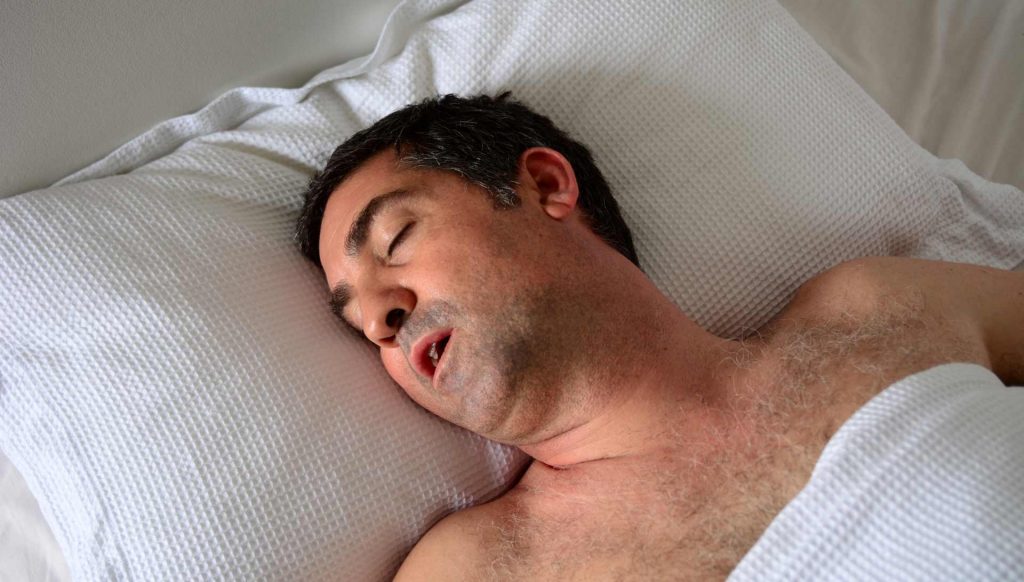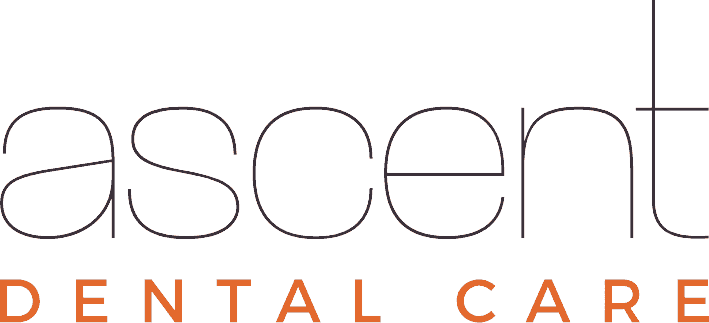
Sleep Apnea (OSA)
Sleep Apnoea
Find out how we may be able to TRANSFORM your life and successfully treat Obstructive Sleep Apnoea (OSA)
Are you suffering from extreme daytime tiredness?
Obstructive sleep apnoea (OSA) is a fairly common condition which can lead to sleep being regularly interrupted. OSA occurs when the walls of the throat relax and narrow during sleep or a partial blockage occurs which interrupts normal breathing patterns. When sleep apnea occurs, your brain will cause a reaction so you wake up (often in the form of a loud snore or snort). Normal breathing will commence until it happens again.
The two types of breathing interruptions of OSA are:
- Apnoea– where the muscles and soft tissues in the throat relax and collapse to cause a blockage of the airway
- Hypopnoea– a partial blockage of the airway that results in 50% reduced airflow for 10 seconds or more
People with OSA will suffer repeated episodes of Apnoea and Hypopnoea, which means they will often wake multiple times during the night. This impacts on the overall quality and quantity of sleep and can have a massive negative impact on your quality of life. In severe, prolonged or untreated cases, patients suffering from sleep apnoea are at increased risk of developing certain medical conditions, such as:
- High blood pressure
- Type 2 diabetes
- Stroke or heart attack
- Irregular heartbeat
Am I suffering from Sleep Apnea?
Most symptoms may generally be picked up by your partner, family and friends first, who will notice problems when you are sleeping, such as:
- Loud snoring
- Noisy or laboured breathing
- Repeated gasping or snorting
Other symptoms that may be noticed by the patient are:
- Extreme tiredness and fatigue during the day
- Headaches in the morning
- Irritability
- Anxiety or depression
- Forgetfulness
- Mood swings
The biggest symptom to really check out for is any loud and excessive snoring that has constant gasps and pauses.

How Is OSA Diagnosed?
An Apnoea/Hypopnoea index has been developed to identify the severity of each case. It is used to monitor how many Apnoeas occur per hour during sleep. If the score is less than 10 on the index, it is unlikely to be diagnosed as a clinical problem.
Diagnosing sleep apnea is not that simple unfortunately and we may work in conjunction with your GP to ensure we prescribe the correct treatment and provide the right support.
How is OSA treated?
Treatments for OSA may include:
- Lifestyle changes – such as losing excess weight, reduced alcohol consumption and sleeping on your side can all help to reduce the symptoms of OSA
- Use of a continuous positive airway pressure (CPAP) device – these devices prevent your airway closing while you sleep by delivering a continuous supply of compressed air through a mask
- Wearing a mandibular advancement device (MAD) – wearing a custom -made gum shield at night works by holding your jaw and tongue forward to increase the space at the back of your throat while you sleep. Please read our page on Anti-Snoring Therapy to learn more about the Somnowell device and how this may help OSA.
If you are suffering from extreme daytime tiredness and know that you are a heavy snorer, come and visit us for a FREE consultation to find out how we can help to transform your life today.
"*" indicates required fields
